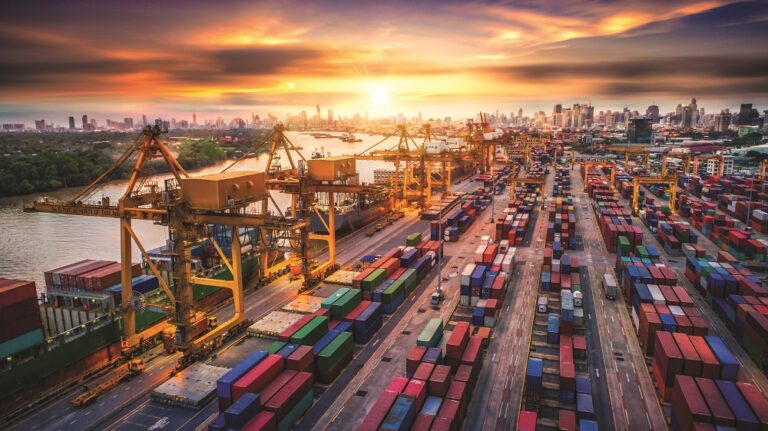Alarming amounts of meat and dairy products are now being illegally imported to Great Britain for both personal consumption and sale, the Environment, Food and Rural Affairs (EFRA) committee has said in a new report.
MPs on the committee said it was unacceptable that there is no clear, publicly available data showing the scale and nature of the illegal meat entering the country and its destination, as they warn of large and increasing volumes of illegally imported meat finding its way on to high streets, farms, markets, restaurants and kitchen tables.
Richard Griffiiths, chief executive of the British Poultry Council (BPC) said he shared the concerns. “This report highlights how decades of work to strengthen UK food security, biosecurity, and animal health are being undermined by illegal meat.
“British poultry plays a crucial role in ensuring our national food security. Report findings confirm what the sector has long warned: a lack of targeted investment at the border leaves the UK exposed to the consequences of animal disease.”
The report highlights that illegal meat imports, which have been increasing for a number of years under a succession of Governments, carry a high risk of animal diseases that threaten food security, farming and the economy.
Illegally imported meat also poses a serious health risk to consumers, as the conditions of slaughter, handling and storage are unknown and unregulated, meaning it is more likely to carry bacteria, viruses, and parasites that cause illness in humans.
In March, the committee visited the Port of Dover and witnessed a van being searched with meat found packaged in plastic bags and newspaper, stowed in cardboard boxes and in a defrosted chest freezer. The committee was greatly concerned to see the inadequate conditions the Border Force facilities at the Port with limited ability to decontaminate inspection areas and no dedicated handwashing facilities.
One worker told MPs they had “found an entire pig stuffed inside a suitcase; its legs cut off badly so that it could fit inside. Not a professionally butchered animal”. Workers from Dover Port Health Authority (DPHA) told the Committee that, “there are literally hundreds of targeted vehicles driving straight past as we do not have the resources to stop and search”.
The committee’s report contests Defra’s reassurance that ‘intelligence led checks’ are being performed at the border, instead summarising the reality on the ground as “a limited and incomplete intelligence network, strained enforcement capability, and port facilities unsuitable for seizing significant volumes of potentially contaminated meat”.
The report finds that there is currently no effective deterrent to meat smuggling.
The Committee says that animal disease threats are a national security issue, but found that there is currently no identifiable or effective ownership of the issue of illegal meat smuggling, and call on Defra to create a strategy for product of animal origin (POAO) smuggling, in collaboration with the National Food Crime Unit (FSA), the Scottish Food Crime and Incidents Unit (FSS), port health authorities, inland local authorities and Border Force.
MPs welcome Defra’s ban on personal imports of most meat and dairy from the EU but say the ban has been “toothless”, with prohibited animal products continuing to enter the UK through airports, sea ports and Eurotunnel in parcels, personal baggage, and vehicles. The report states that criminal enterprises are using the personal import routes to smuggle in large quantities of illegal meat for sale around the country with impunity.
The Chair of the EFRA committee, Alistair Carmichael MP, said: “Every day, vans laden with undeclared, unhygienic and unrefrigerated meat are rolling through our ports for distribution and sale in Britain.
“It would not be an exaggeration to say that Britain is sleepwalking through its biggest food safety crisis since the horse meat scandal. A still bigger concern is the very real risk of a major animal disease outbreak. The single case of foot and mouth disease in Germany this year, most likely caused by illegally imported meat, cost its economy one billion euros.
“This problem has been building over a number of years under successive governments. We are calling on this Government to get a grip on what has become a crisis, by establishing a national taskforce with proper leadership and a strategy, boosting food crime intelligence networks, creating and enforcing real deterrents to tackle the criminal enterprises involved and equipping port health and local authorities with the resources and the powers they need.”
Griffiths added: “The lack of clear ownership, resources, and coordination in this area is unacceptable. We support the Committee’s call for a national taskforce and a coherent strategy to tackle products of animal origin (POAO) smuggling.”
The Animal and Plant Health Agency (APHA) has faced near-continuous outbreaks of diseases such as avian influenza since the end of 2020.


